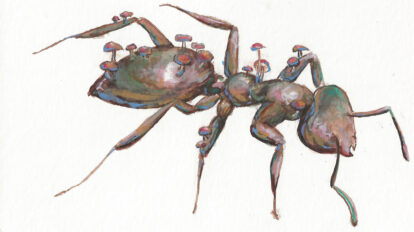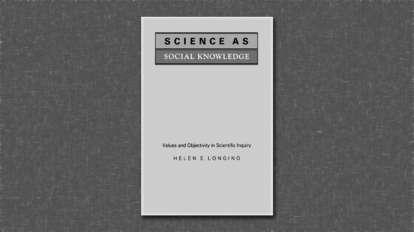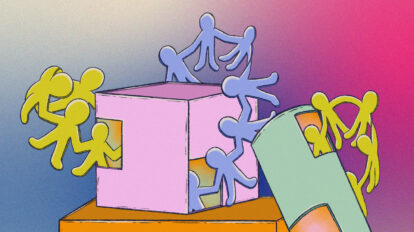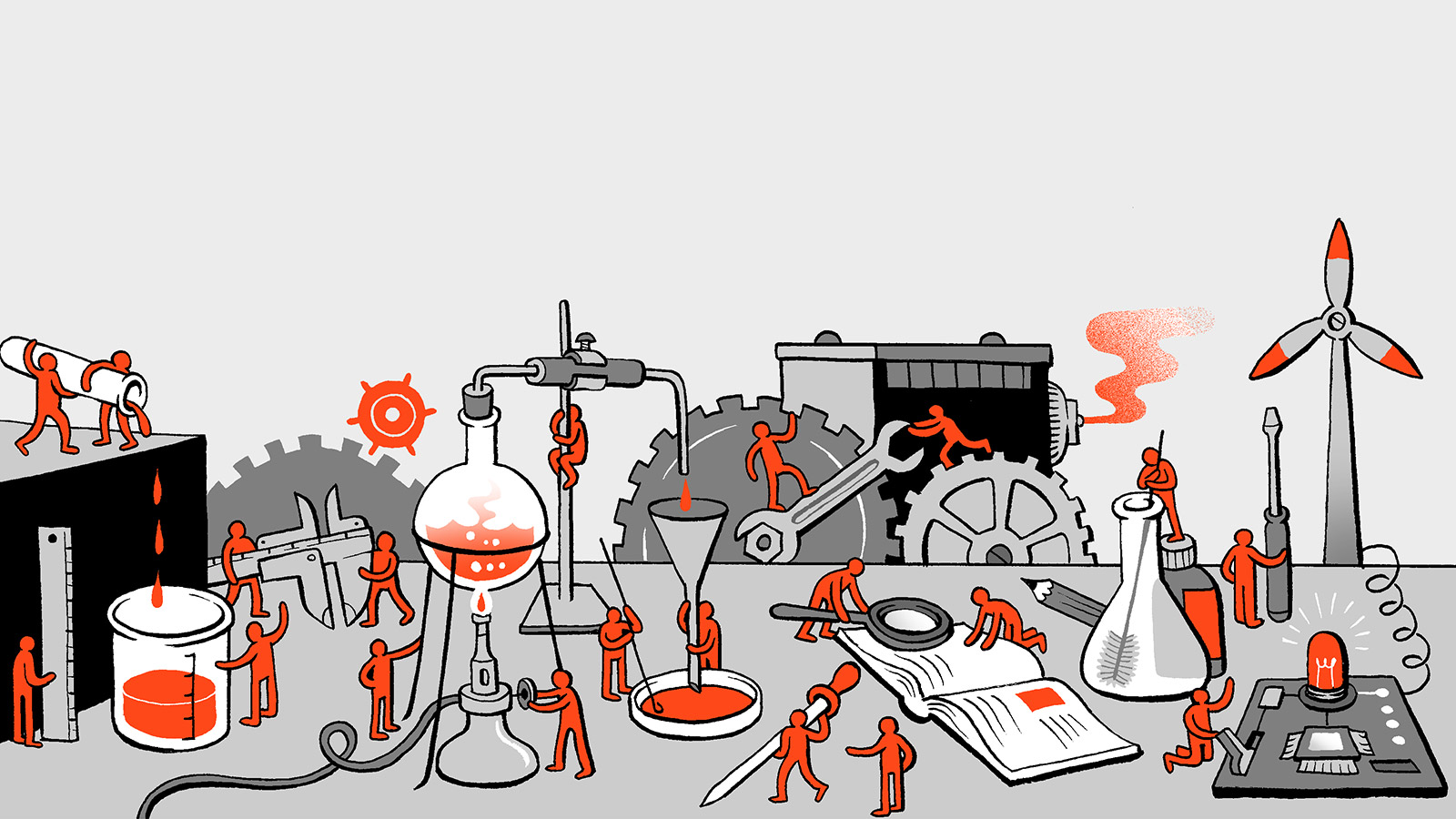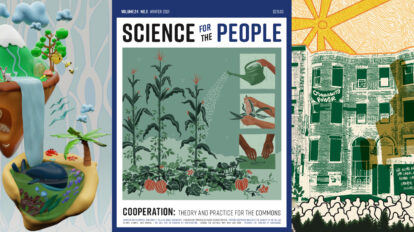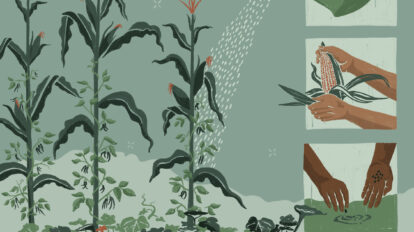E. O. Wilson's lasting influence on scientific racism has long been under scrutiny. However, few knew the story of how Wilson strategically propagated race pseudoscience through his intimate relationship with white supremacists.
Author - SftP Publishing
As opposed to the general one-sidedness of "competition" in evolutionary biology from which the popular understanding of evolution is based, scientists are returning to the idea that cooperative behavior is both prevalent and diverse.
Published over 30 years ago, Helen Longino's 'Science as Social Knowledge' has lost none of its relevance for contemporary readers seeking to understand how science is practiced or misused, influenced by cultural value, and organized...
¿Qué significa “luchar” contra el sida? Para ACT UP, uno de los grupos de activistas más prolíficos de Estados Unidos durante los primeros años de la pandemia, la lucha estaba supeditada al desarrollo de tratamientos eficaces contra el...
ACT UP, one of the most prolific activist groups in the US during the AIDS pandemic, has a complicated legacy. This essay displaces ACT UP from the dominant narrative of grassroots organizing and explores a broader geography of AIDS...
Meet the artists and scientists, writers and organizers, who contributed to our Winter 2021 issue, "Cooperation."
A look at the original art by Dio Cramer and Seena Mavaddat in the magazine's Winter 2021 issue.
The dozens of people whose dedicated work made Volume 24, Number 2 a reality.
As science and technology workers envisioning and enacting social change, we look to the concept of cooperation to guide our work. In this issue, we define cooperation through exploring its theories and practices at the intersection...
Organizing reports from Ames-Iowa, México, Anti-Militarism Working Group, and People's Science Network.


